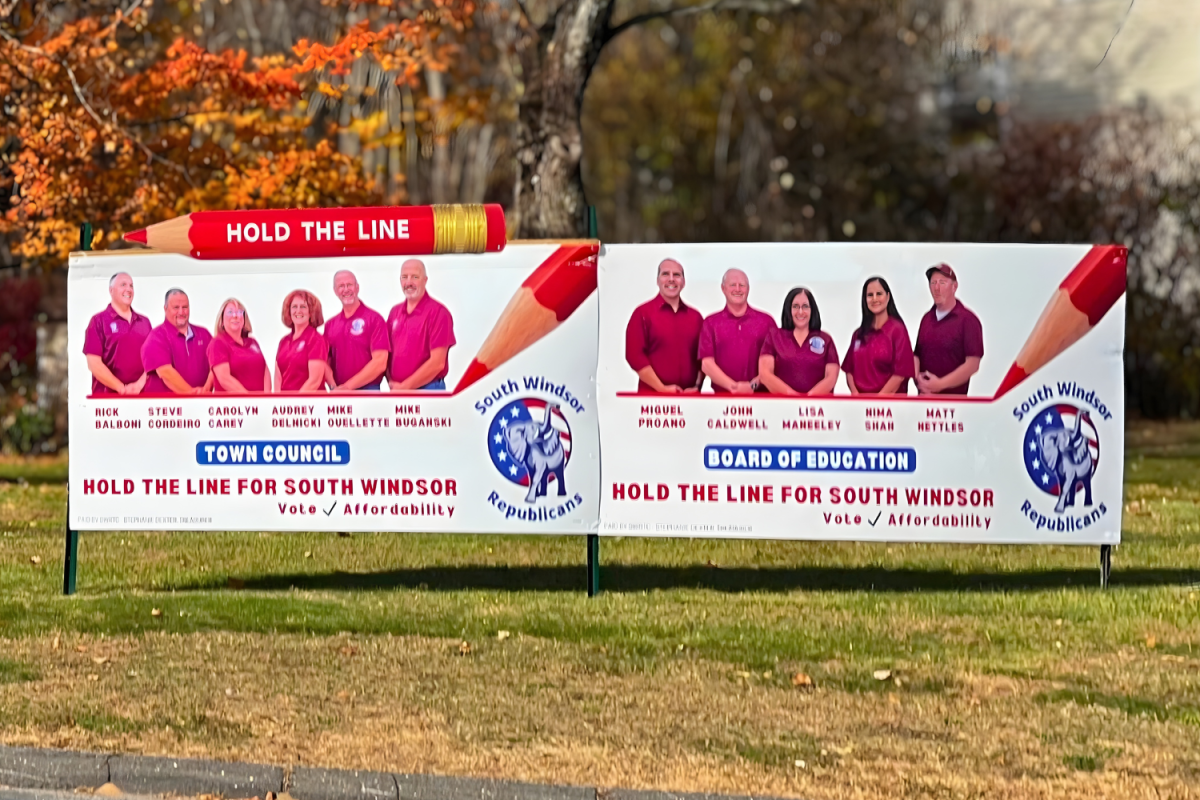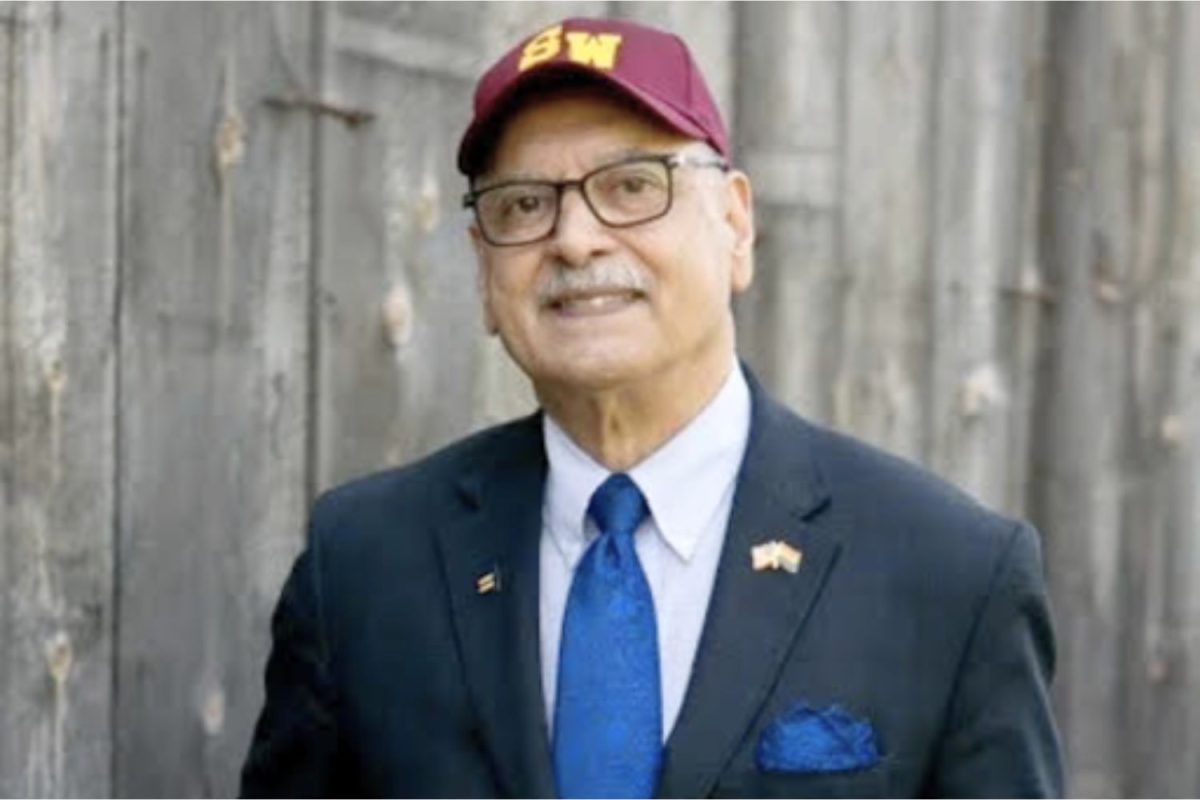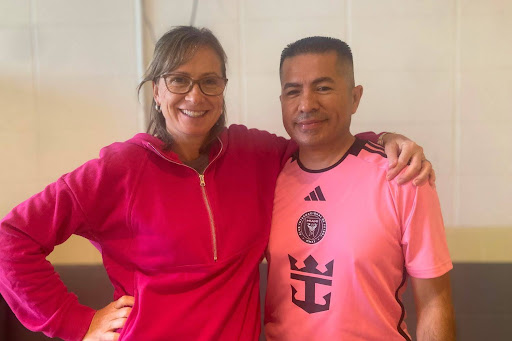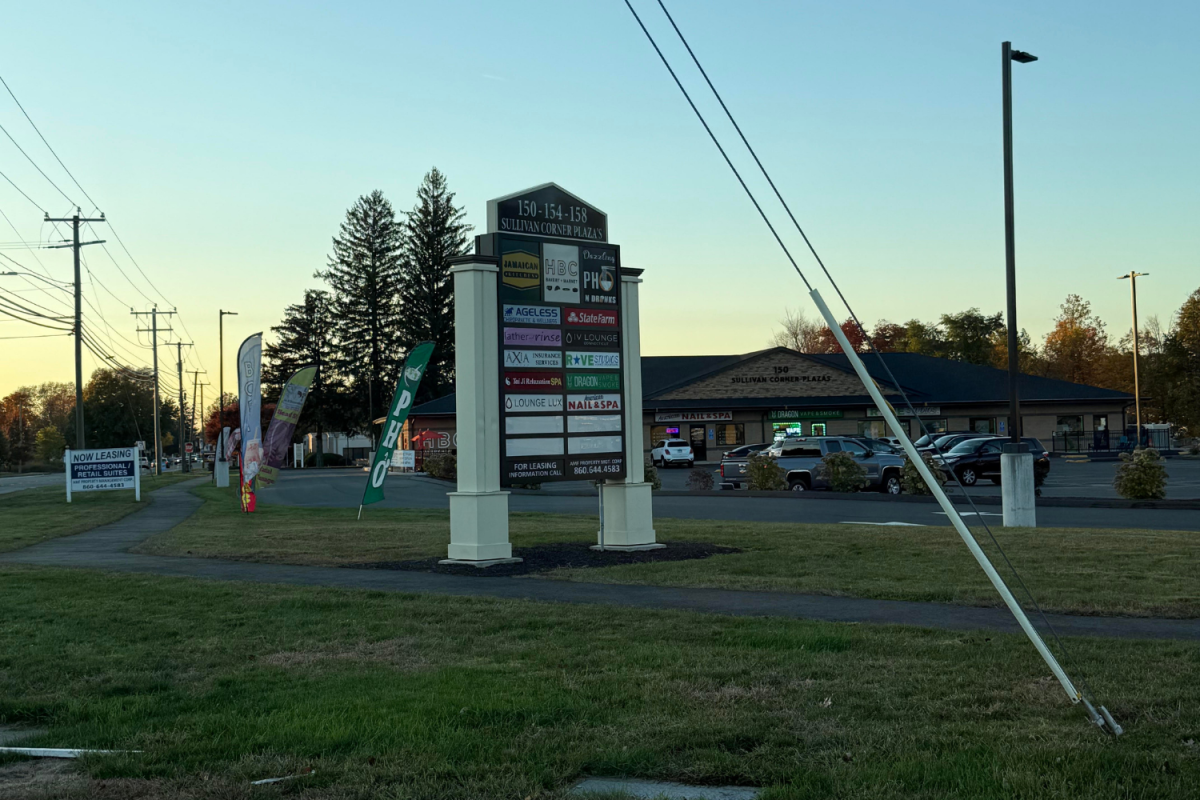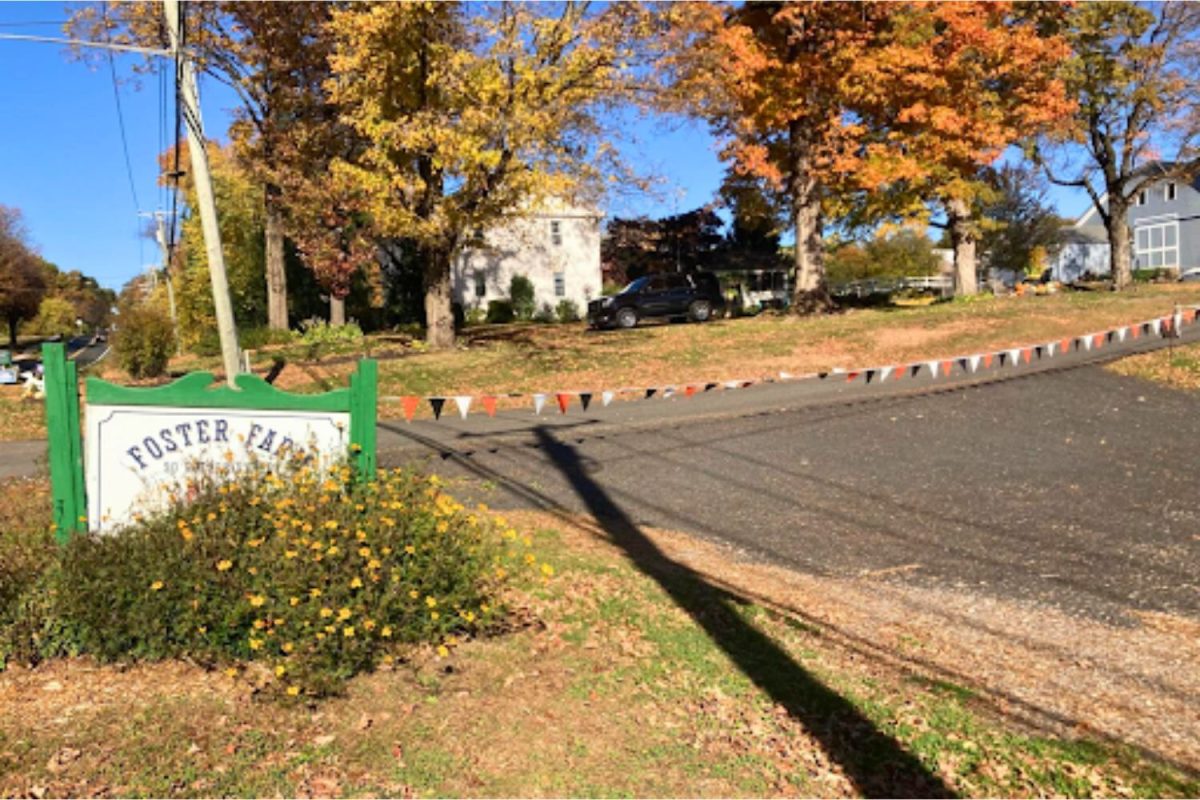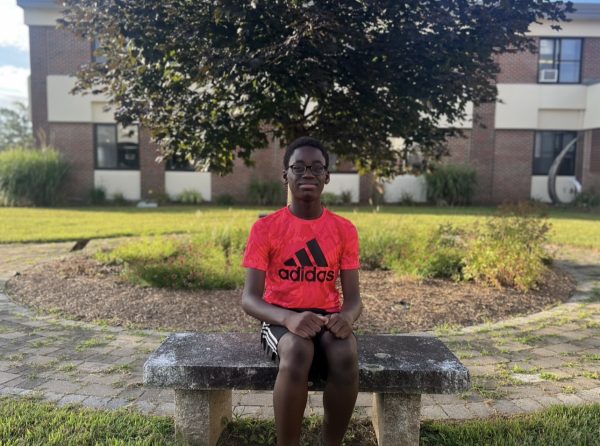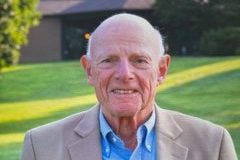
Mark Abrahamson is running for Planning and Zoning for South Windsor in Tuesday’s election. Abrahamson has lived in South Windsor for 40+ years. Like many people who go to the government sector, he wanted to be more involved with his community and have a lasting impact upon it.
“I’ve been on planning and zoning before. I was elected to planning and zoning, probably 25 years ago, and served and enjoyed it,” Abrahamson told The Prowl.
Abrahamson has not only been on Planning and Zoning before but he has decades of experience with academic inquiry, research and studying urban planning.
“I’m a retired UCONN professor,” Abrahamson told The Prowl. “I’ve written a number of books on cities and suburbs and their growth.”
Abrahamson made the choice to run for Planning and Zoning again because of the lack of and opposition to affordable housing within South Windsor.
“Affordable housing simply means that whatever has been set aside for affordable housing, the people who can qualify for it have to have 80% of the median income of the town. Now, in South Windsor, the median income is over 100,000. So to qualify for affordable housing, you can have an income of $80,000,” Abrahamson said.
Abrahamson believes that the average person in CT is just priced out of South Windsor, with the average income of an individual in CT being $81,285, someone who would be almost exactly 80% of the average person in South Windsor.
Planning and Zoning wants to do a better job of turning the perceptions of what affordable housing means.
“If we can do a better job of educating people, who would those people be? Who has 80% of the median income? They’d be school teachers. They are police. It’d be all kinds of middle class people. But that’s not what [residents] hear when you say affordable housing,” Abrahamson explained.
According to Abrahamson, a common misconception residents have about Planning and Zoning is how much power the committee actually has. Some believe Planning and Zoning is only responsible for controlling overdevelopment and quality of residential housing/areas. However, the commission is also responsible for the affordability and accessibility of housing.
He acknowledges that expanding affordable housing will come with challenges, particularly when it comes to town finances.
“We need more affordable housing,” he said. “But the downside, budget-wise, is that it’s likely to mean more kids in the schools and that has to be paid for.”
Abrahamson also points to broader issues of growth, taxes, and sustainability.
“It’s become a more expensive town for good reasons, but then it has to be paid for,” he explained. “If we just let the market drive all of this, it’s going to be priced to be unaffordable to younger families.”
He often connects these financial and social issues to real-world examples around town.
“For example, what we’re experiencing in Buckland was approved three or four years ago by Planning and Zoning,” he said. “When Buckland was different in the zoning; it accommodated it. Nobody can say no. They don’t have to ask anybody.”
Abrahamson said residents often misunderstand how much authority the Planning and Zoning Commission actually has. “They think that planning and zoning has more power than it really does. That’s not to say it’s powerless,” he explained. “But once a plan has been approved, and appropriate zoning has been put in place, it’s out of our hands.”
He also clarified that the commission rarely changes zoning designations. “Planning and Zoning doesn’t do very much rezoning, and doesn’t really like to,” Abrahamson said. “The zoning that’s in place has been pretty carefully planned.”
Beyond development and housing, Abrahamson expressed interest in preserving open space and maintaining South Windsor’s character.
“The state of Connecticut has an open space policy,” he said. “If the owners agree that when they’re done farming or operating a vineyard they’ll let the land remain permanently open space, they get a big tax break.”
He added that South Windsor residents have historically supported these initiatives. “In the past, when there’s been an open space referendum, it has won by the biggest plurality of anything on the referendum.”
As Election Day approaches, Abrahamson hopes voters will look for candidates with both experience and a long-term perspective.



